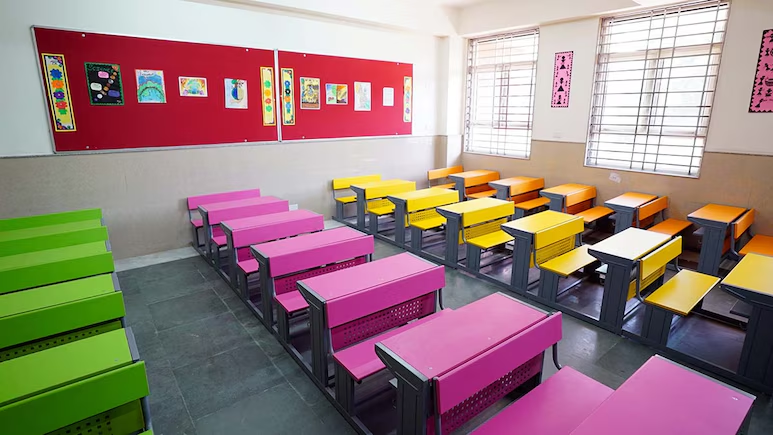
The decision to make Physics and Mathematics optional subjects for undergraduate engineering admission is in line with the National Education Policy and it is not “binding” on states, universities and entrance exams, including the Joint Entrance Exam (JEE) for IITs, the All India Council for Technical Education (AICTE) said today.
“They may continue to hold the entrance exams in Physics, Chemistry and Mathematics as is being done now and gradually decide to conduct exams in other subjects later. In future when NEP shall be implemented in totality then this option can be implemented in its letter and spirit,” the council said.
AICTE said its decision to introduce more subjects to the list of eligibility requirements will enhance accessibility of technical education to students coming from diverse backgrounds and reduce the pressure on students to study topics which are not relevant for higher technical education.
“This is totally in line with the philosophy of NEP in terms of flexibility and multi-disciplinary courses, innovation etc,” the council added.
In early years, Physics, Chemistry and Mathematics in Class 12 were compulsory for pursuing education in Engineering.
AICTE later introduced subjects such as Biotechnology, Biology, Technical Vocational Subjects, Computer Science etc. as qualifying subjects along with Chemistry.
As per the new handbook, Maths and Physics too will no longer be compulsory subjects and students will have the option to choose three subjects from a list of 14: Physics, Mathematics, Chemistry, Computer Science, Electronics, Information Technology, Biology, Informatics Practices, Biotechnology, Technical Vocational subject, Agriculture, Engineering Graphics, Business Studies and Entrepreneurship.
“The Council was in receipt of many representations from industry as well as student community to give an option to pursue technical courses such as agriculture, biotechnology information technology, electronics etc to students who did not have prior electives of Physics and Mathematics at +2 level, but had studied relevant portions of the same at +2 level to a certain desired extent,” the council said, adding that CBSE, NIOS boards have added such courses to their curriculum.
AICTE said this new rule will give students with aptitude and background knowledge “a window of opportunity” who were before constrained to pursue higher studies due to “stringent compulsions of subjects.”
“The council has given flexibility to the universities to extend their support to such willing students to pursue a career in engineering and technology who were hitherto deprived of the same owing to barriers of subjects without affecting the attainment of Learning Outcomes. Bridge Courses have been recommended for students entering in engineering from diverse backgrounds,” it added.
